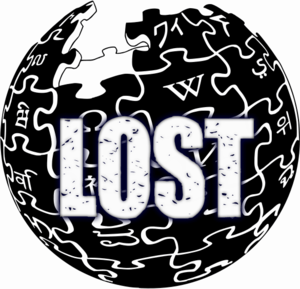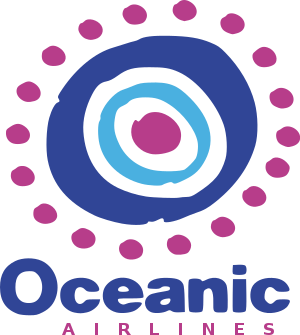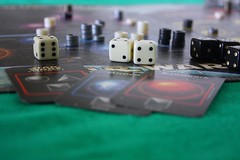Iron Man 2 enjoyed the fifth best opening weekend in US box office history earlier this month when it raked in $128 million according to
Box Office Mojo. The all-time champ (for the moment) in domestic opening weekend sales is
The Dark Knight, which barely beat out
Spider-Man 3's $151 million with it's own $158 million. Clearly,
The Dark Knight had the best opening weekend ever, right?
Not so much.
The most successful movie of all time is
Gone With The Wind, even though it ranks 103rd on the list of
all-time US movie money-earners. That's because you're confusing gross income with tickets sold. Tickets are way more expensive now than they were in 1939 (or in 1999, for that matter). When you
adjust for inflation,
Gone With The Wind earned $1.6 billion in the US alone. We don't have opening weekend stats from 1939, but you can bet that Scarlett O'Hara had more to brag about than Bruce Wayne or Tony Stark.
All of those numbers go to prove that the phrase "biggest opening weekend ever" is basically useless, suitable only for empty-headed bragging rights..
No fair, you say,
Gone With The Wind didn't have to compete with TV. That was a different era. We agree. But the second-place movie on the inflation-adjusted list is
Star Wars at $1.4 billion, and I'm pretty sure there was lots of (crappy) TV in 1977. More to the point,
Star Wars didn't enjoy one of the huge advantages all these pointless recording-breaking modern movies use to inflate their numbers: wide releases.
Iron Man 2 enjoyed the
widest release in movie history, opening on 4,380 screens.
The Dark Knight was second, opening on 4,366 screens.
Star Wars originally opened in
limited release on a number of screens that was a mere fraction of Batman's or Iron Man's opening screencount.
On how many screens did Star Wars appear when it opened on Memorial Day, 1977?
 Image via Wikipedia
Image via Wikipedia 










